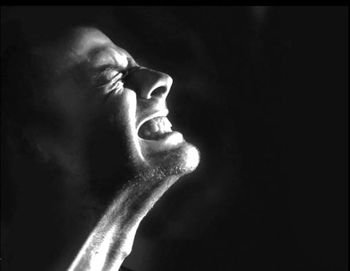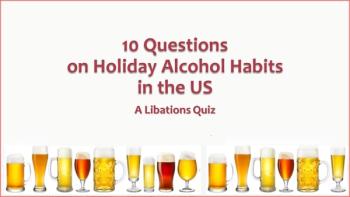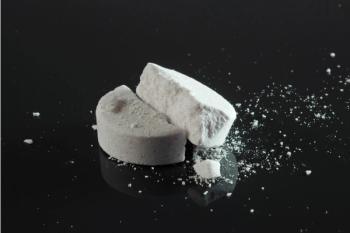
Parkinson's Pathological Gamblers Show Similar Traits
BETHESDA, Md. -- When out-of-control gambling marks Parkinson's disease patients who are started on dopamine agonists, they may have a younger disease onset, with a history of thrill-seeking behaviors and a family history of substance abuse.
BETHESDA, Md., Feb. 13 -- When out-of-control gambling marks Parkinson's disease patients who are started on dopamine agonists, they may have a younger disease onset, with a history of thrill-seeking behaviors and a family history of substance abuse, according to a small case-control study.
About 3% of patients with Parkinson's disease who are started on the medication develop new compulsive behaviors such as pathological gambling, and those who are started on dopamine agonists have twice the rate of risky behavior, said Valerie Voon, M.D., of the National Institute of Neurological Disorders and Stroke here, and the division of neurology at Toronto Western Hospital, and colleagues.
Medications prescribed for Parkinson's disease -- particularly dopamine agonists such as amantadine, bromocriptine, or cabergoline -- appear to exacerbate reward-seeking behaviors in people with certain predispositions, the investigators reported in the February issue of the Archives of Neurology.
"In keeping with our hypotheses, patients with Parkinson's disease who developed pathological gambling when receiving dopamine agonists had a younger age at Parkinson's disease onset, higher novelty-seeking scores, a personal or immediate family history of alcohol use disorders, and impaired planning on an impulsivity scale," the investigators wrote.
To investigate the risk factors for pathological gambling in patients with Parkinson's disease who are started on dopamine agonists, the authors conducted a case-control study with 21 patients in an outpatient tertiary clinic.
The patients, mean age 60.2 + 8.9 years, all had idiopathic Parkinson's with pathological gambling that began after they began taking medications. They were compared with a consecutive sample of 42 patients with idiopathic Parkinson's but no compulsive behaviors.
The authors looked at clinical features, comorbid psychiatric conditions, substance use disorders, personality traits, and scores on the Barratt Impulsivity Scale, which assesses planning, attention, and motor factors. They also looked at the patients' novelty-seeking and harm-avoidance traits using the Temperament and Character Inventory.
They found that the patients with Parkinson's who became pathological gamblers after starting on medication were significantly younger at Parkinson's disease onset (P=0.006) and had higher novelty-seeking scores (P
Newsletter
Enhance your clinical practice with the Patient Care newsletter, offering the latest evidence-based guidelines, diagnostic insights, and treatment strategies for primary care physicians.

































































































































